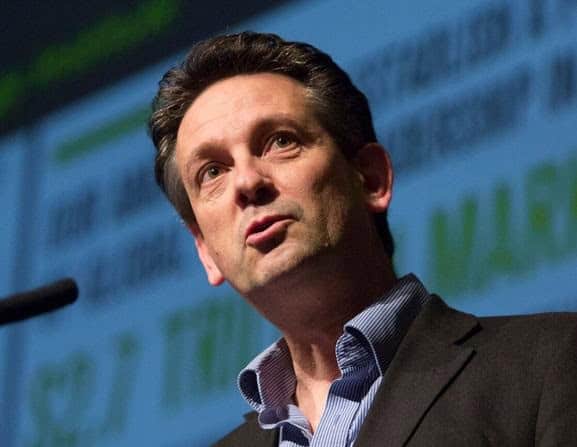
The nuclear physicist Martin Freer is to be the next chief executive of the Faraday Institution – the UK’s independent institute for electrochemical energy-storage research. Freer, who is currently based at the University of Birmingham, will take up the role on 2 September. He replaces the condensed-matter physicist Pam Thomas, who stepped down in April after almost four years as boss.
The Faraday Institution was set up in 2017 to help research scientists and industry experts to reduce the cost and weight of batteries and improve their performance and reliability. From its base at the Harwell Science and Innovation Campus in Oxfordshire, it carries out research, training, market analysis and early-stage commercialization, with the research programme currently involving 27 UK universities and 50 businesses.
With a PhD in nuclear physics from Birmingham, Freer has held a number of high-profile roles in the energy sector, including director of the Birmingham Centre for Nuclear Education and Research, which he established in 2010. Five years later he became director of the university’s Birmingham Energy Institute.
Freer also steered activity on the influential Physics Powering the Green Economy report released last year by the Institute of Physics, which publishes Physics World. The report set out the role that physics and physicists can play in fostering the green economy.
Freer told Physics World that joining the Faraday Institution is a “tremendous opportunity”, especially when it comes to the transition to electric vehicles and ensuring that UK battery innovation plays an integral part.
“Energy storage is going to be needed to manage our future energy system from domestic to grid scale and there is a crucial role for the Faraday Institution to play,” says Freer. “This is a globally competitive sector, and the UK needs to ensure it does not lose the advantage it has created for itself through the Faraday Battery Challenge.”

Calling all physicists: why you’re vital for the green economy
Theoretical physicist Steven Cowley, who is chair elect of the Faraday Institution, notes that Freer is a “proven leader” and is a “terrific fit” for the institution.
“[Freer] knows first-hand what it takes to work with industry and policy makers to translate research into future energy technologies on the ground,” notes Cowley, who is director of the Princeton Plasma Physics Laboratory in the US. “[He] will help to accelerate its mission as it further establishes itself in the UK’s research ecosystem.”
- SEO Powered Content & PR Distribution. Get Amplified Today.
- PlatoData.Network Vertical Generative Ai. Empower Yourself. Access Here.
- PlatoAiStream. Web3 Intelligence. Knowledge Amplified. Access Here.
- PlatoESG. Carbon, CleanTech, Energy, Environment, Solar, Waste Management. Access Here.
- PlatoHealth. Biotech and Clinical Trials Intelligence. Access Here.
- Source: https://physicsworld.com/a/battery-boss-physicist-martin-freer-will-run-uks-faraday-institution/
